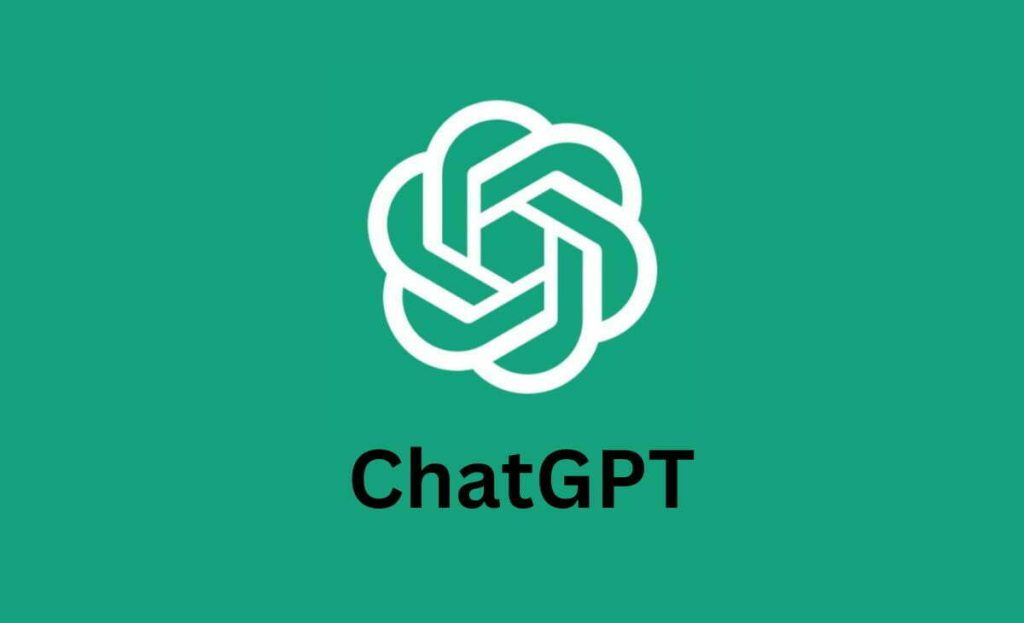The temporary outage of ChatGPT this morning left thousands of users struggling with their daily tasks, highlighting a growing reliance on AI.
Social media was flooded with humorous yet telling posts from users expressing their inability to perform even basic functions without AI. This incident has reignited concerns about society’s increasing dependence on closed-source AI tools for work and everyday life.
OpenAI, the developer of ChatGPT, is currently investigating the technical issues that led to ‘elevated error rates and latency.’ The widespread disruption underscores a broader debate about AI’s impact on critical thinking and productivity.
While some research suggests AI chatbots can enhance efficiency, others, like Paul Armstrong, argue that frequent reliance on generative tools may diminish critical thinking skills and understanding.
The discussion around AI’s role in the workplace was a key theme at the recent SXSW London event. Despite concerns about job displacement, exemplified by redundancies at Canva, firms like Lloyd’s Market Association are increasingly adopting AI, with 40% of London market companies now using it.
Industry leaders maintain that AI aims to rethink workflows and empower human creativity, with a ‘human layer’ remaining essential for refining and adding nuanced value.
Would you like to learn more about AI, tech and digital diplomacy? If so, ask our Diplo chatbot!










